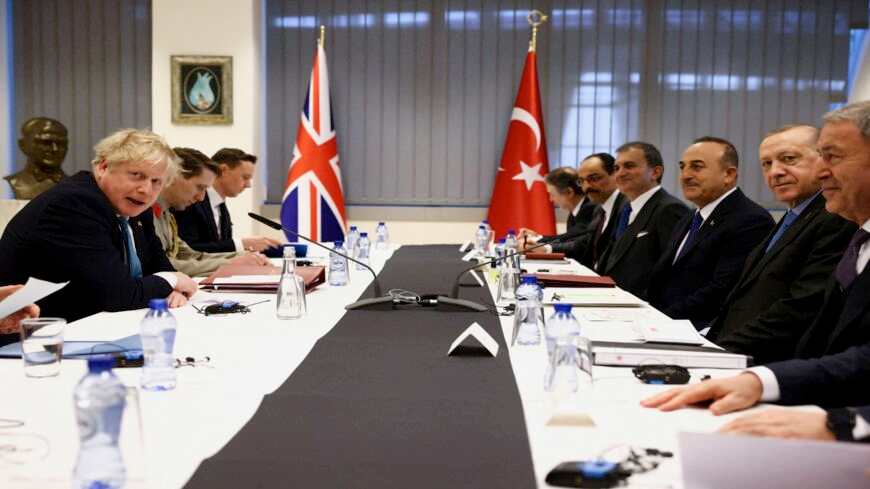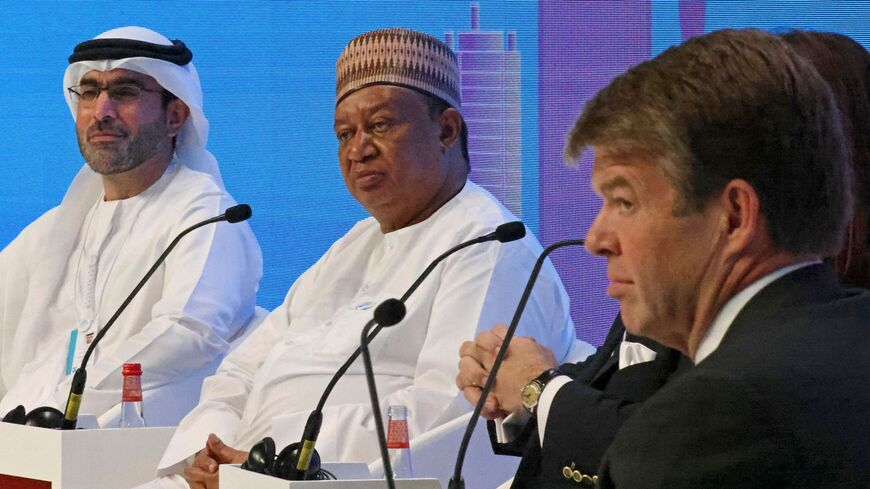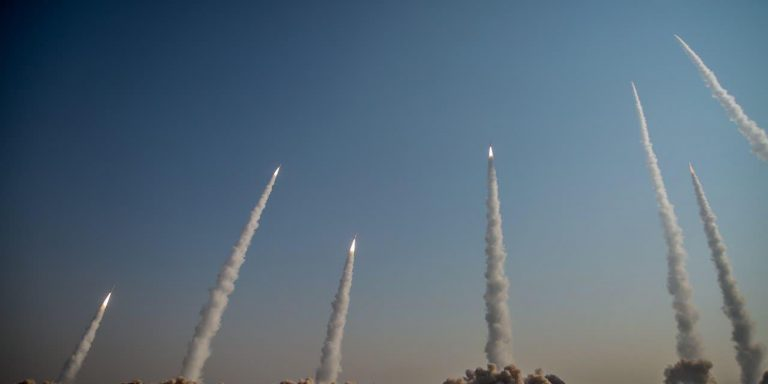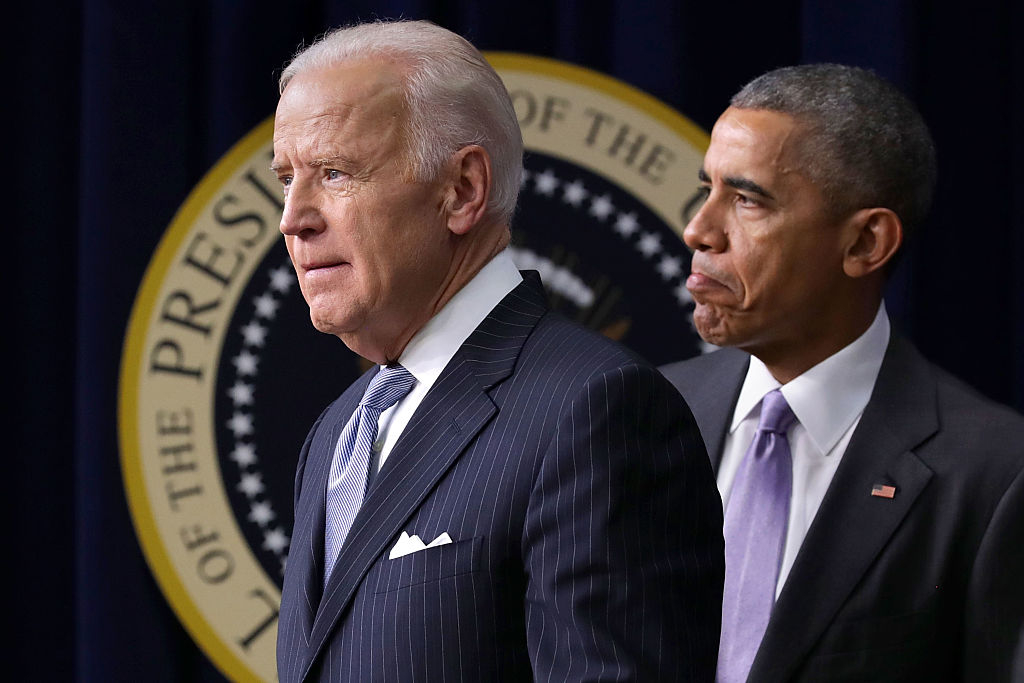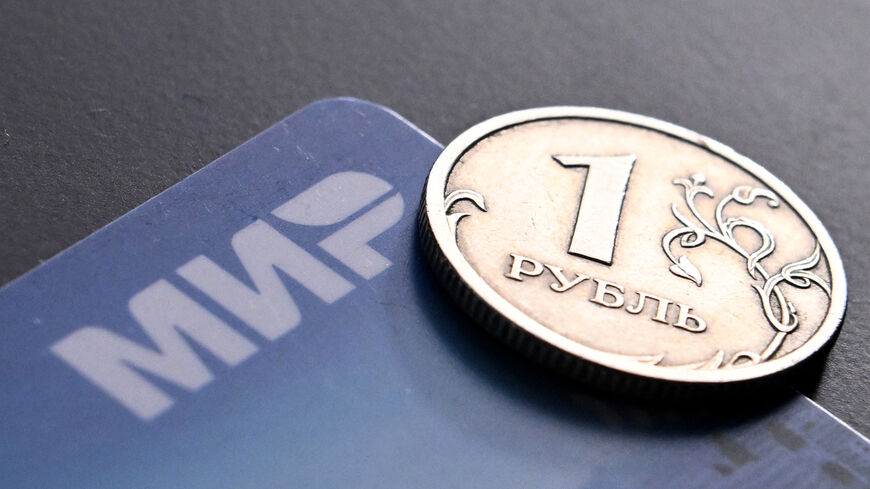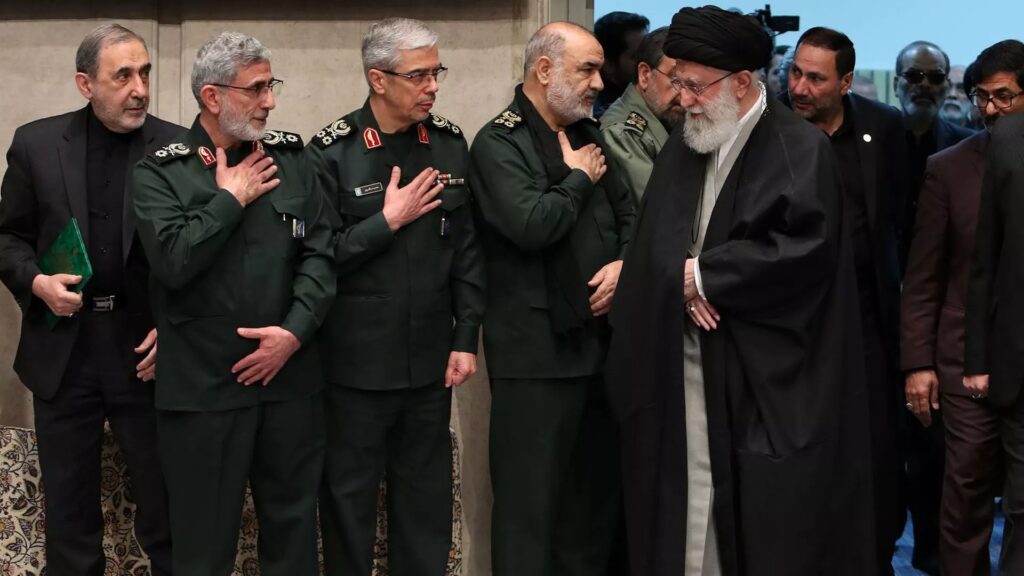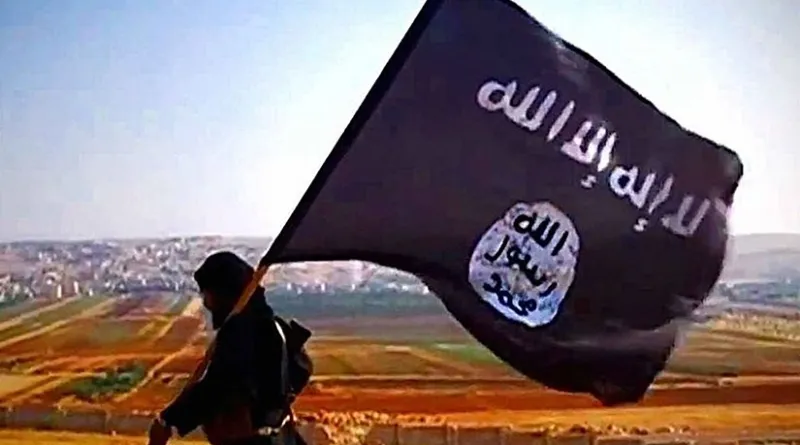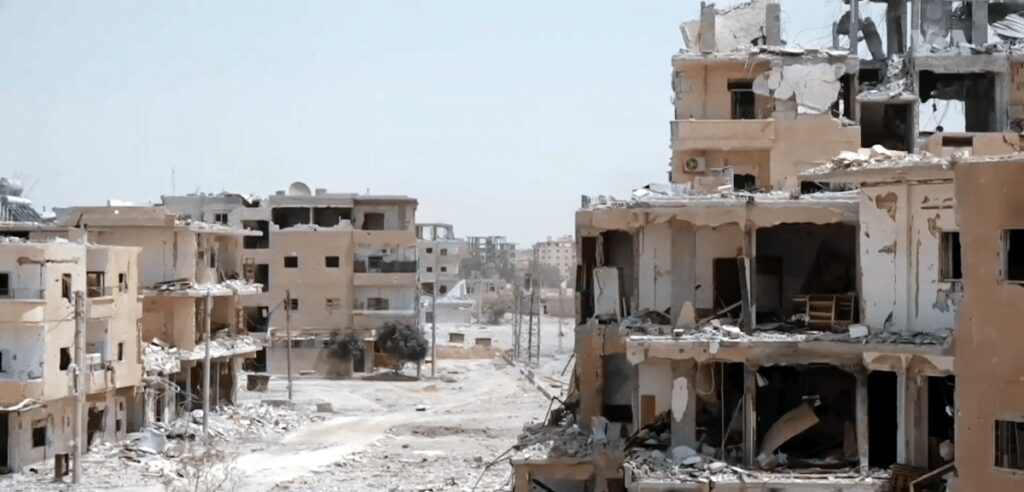OIC Urges Washington to Re-designate Houthis as a Terrorist Group
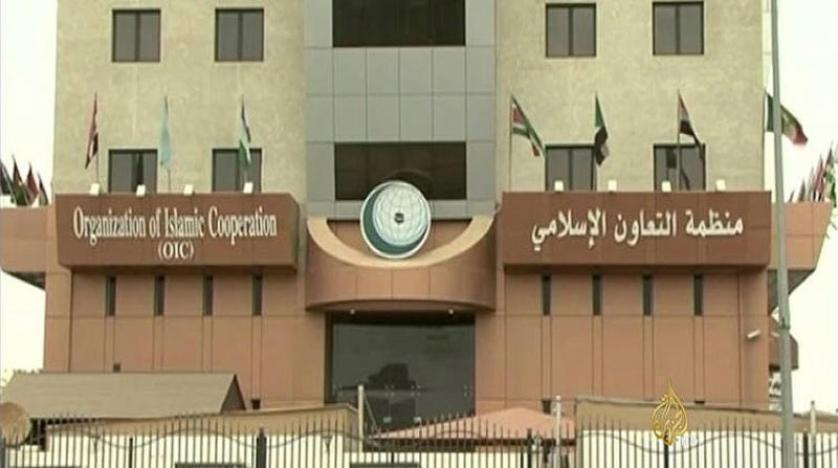
The Secretariat of the Organization of Islamic Cooperation (OIC) strongly denounced on Monday the military escalation by the Houthi militias against civilian targets in Saudi Arabia and the UAE.
It urged the US to re-designate the Houthis as a terrorist group pursuant to the UN Security Council Resolution 2624.

